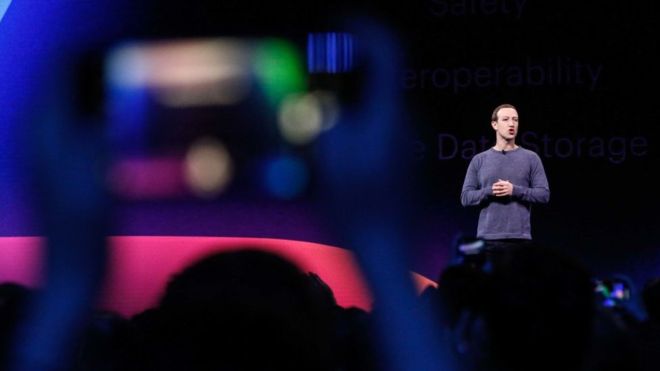
Facebook (FB) is planning to launch its own cryptocurrency by 2020, according to international media reports.
The FB digital payments system would be launched in about a dozen countries by the first quarter of 2020, with a test of its crypto-currency, which has been referred to internally as GlobalCoin, by the end of this year.
Facebook is expected to outline plans in more detail this summer, and has already spoken to Bank of England governor Mark Carney. Founder Mark Zuckerberg met Mr Carney last month to discuss the opportunities and risks involved in launching a crypto-currency.
Facebook has also sought advice on operational and regulatory issues from officials at the US Treasury. The firm is also in talks with money transfer firms including Western Union as it looks for cheaper and faster ways for people without a bank account to send and receive money.
The firm is also in talks with money transfer firms including Western Union as it looks for cheaper and faster ways for people without a bank account to send and receive money.
Facebook wants to create a digital currency that provides affordable and secure ways of making payments, regardless of whether users have a bank account.
The social networking site, which owns WhatsApp and Instagram, is hoping to disrupt existing networks by breaking down financial barriers, competing with banks and reducing consumer costs.
Nicknamed Project Libra, Facebook’s plans for a digital currency network were first reported last December.
The project will see it join forces with banks and brokers that will enable people to change dollars and other international currencies into its digital coins.
A small group of co-founders are expected to launch the Swiss-based association in the coming weeks.
Facebook is also reportedly in talks with a number of online merchants to accept the currency as payment in return for lower transaction fees.
What is a crypto-currency?
Virtual currencies can be used to pay for things in the real world, such as a hotel room, food or even a house. Digital tokens are held in online wallets, and can be sent anonymously between users.
Crypto-currencies run on block chain technology. A block chain is a ledger of blocks of information, such as transactions or agreements that are stored across a network of computers.
This information is stored chronologically, can be viewed by a community of users, and is not usually managed by a central authority such as a bank or a government.
The concept was designed to ensure security and anonymity for users, by preventing tampering or hijacking of the network.
Concerns
Facebook has come under fire in recent years over its handling of users’ personal data, and regulators are likely to examine the launch closely.
Earlier this month, the US Senate and Banking committee wrote an open letter to Mr Zuckerberg questioning how the currency will work, what consumer protection will be offered and how data will be secured.
Facebook has also discussed the process of identity checks and how to reduce money laundering risks with the US Treasury.
It is believed that Facebook and its partners want to prevent wild swings in the coin’s value by pegging it to a basket of established currencies, including the US dollar, euro and Japanese yen.
It’s not the first time Facebook has dabbled in digital currencies. A decade ago, it created Facebook Credits, a virtual currency that enabled people to purchase items in apps on the social networking site.










